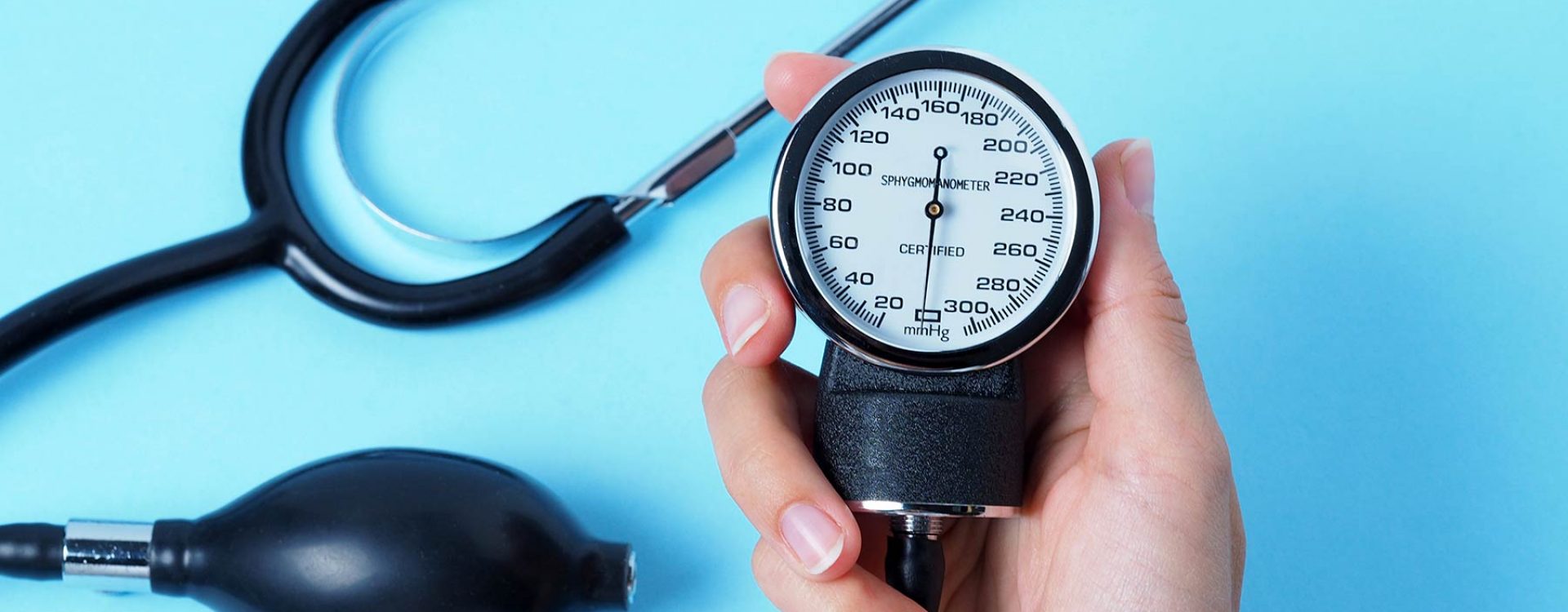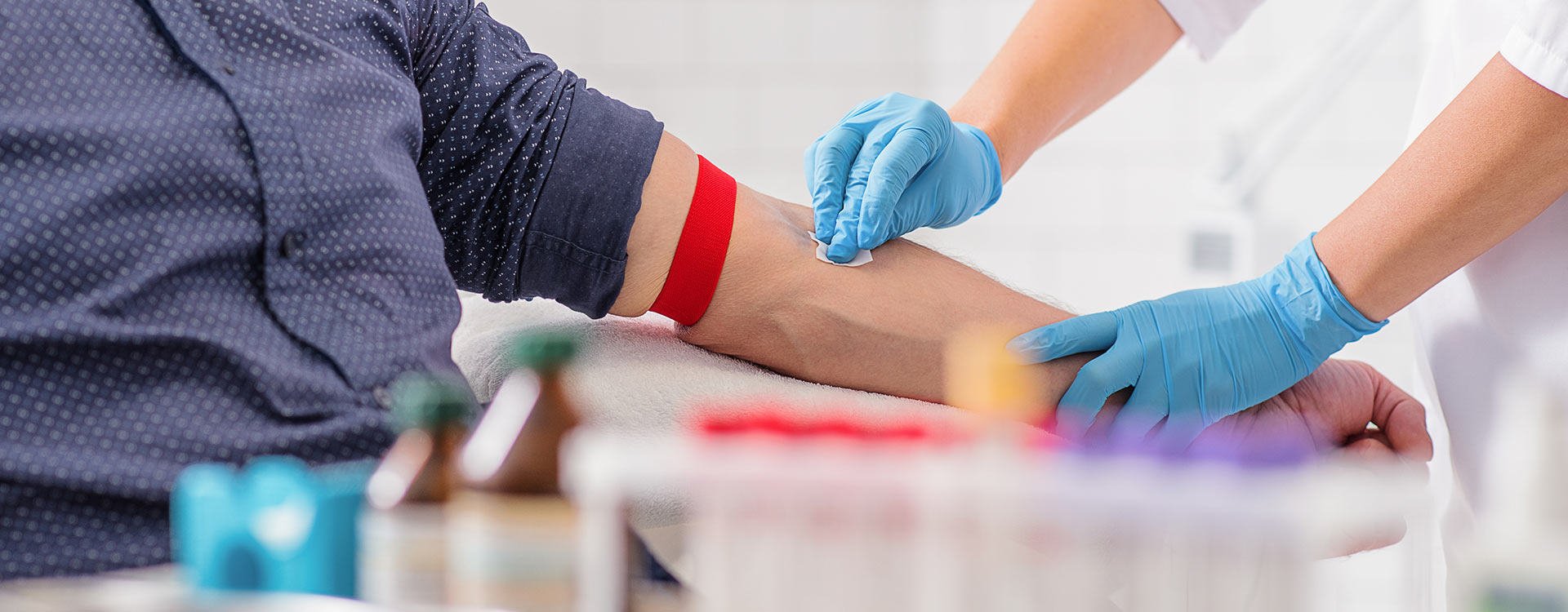While we all have had our blood pressure checked, have you ever really thought about what those numbers mean? They are actually very important and knowing how they affect your health is essential to taking care of your well-being.
Read on for how blood pressure works, why you should care and what you can do to keep yours in a healthy range.
What is Blood Pressure?
Blood pressure is exactly what it sounds like: It’s the amount of pressure your blood puts on your artery walls. Your arteries carry blood from your heart to the rest of your body. High blood pressure over a long period of time can do serious damage. Your blood vessels become strained and it can allow LDL (bad) cholesterol to build up on your artery walls. This can overwork your heart and make it less efficient.
What is a Healthy Blood Pressure Range?
When someone reads your blood pressure, they’ll check two numbers: Systolic blood pressure (the pressure when your heart beats) and diastolic blood pressure (the pressure when your heart is at rest between beats). Normal healthy blood pressure is less than 120/80 mm Hg. For example, you’ve probably heard your doctor say your blood pressure is “120 over 80.”
What is High Blood Pressure?
High blood pressure is called hypertension. While it’s common for blood pressure to fluctuate throughout the day, having consistently high blood pressure may mean you have hypertension. You may be diagnosed with high blood pressure if your BP is consistently 140/90 mm Hg or higher or 130/80 mm Hg or higher, depending on the guidelines your health care provider follows.
Why High Blood Pressure is Dangerous
Having hypertension increases your risk of stroke, heart attack, heart failure, vision loss, kidney disease/failure and sexual dysfunction. High blood pressure doesn’t usually cause symptoms. Most people don’t know they have it until they go to the doctor for some other reason. This why it is essential to have yours checked at least once a year at your annual physical and then follow any treatment guidelines your primary care provider recommends.
High Blood Pressure and Pregnancy
High blood pressure can also occur during pregnancy and can put both mom and baby at risk for health complications, like preeclampsia, eclampsia, stroke, preterm delivery and low birth weight. If you’re pregnant or thinking about becoming pregnant, see your primary care provider or obstetrician/gynecologist for prenatal care. It is very important for you and your baby’s health to get blood pressure controlled before and during pregnancy.
How to Maintain a Healthy Blood Pressure
The good news is that if you have high blood pressure, many times, healthy lifestyle changes can help get it under control. Some recommendations include quitting smoking, exercising at least 150 minutes each week, eating a healthy diet, cutting back on salt and alcohol, maintaining a healthy weight, managing stress and getting plenty of sleep. There may be instances in which your health care provider may recommend blood pressure medication. The importance of knowing your blood pressure numbers and getting them checked regularly is crucial.
While hypertension can cause serious health problems, there are many things you can do to lower your blood pressure to a healthy range and reduce your risk of stroke, heart attack and kidney disease. If you have questions or concerns about your blood pressure, talk to your primary care provider.




